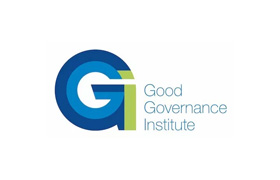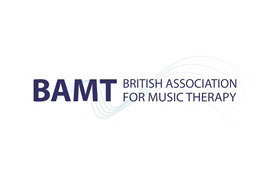Follow the conference on Twitter #medicallyunexplainedsymptoms
A Joint Conference Healthcare Conferences UK & The Tavistock and Portman NHS Foundation Trust
Researched and produced in partnership with The Tavistock and Portman NHS Foundation Trust, this important and timely conference will support delegates to better understand and meet the needs of people with medically unexplained symptoms/somatic symptom disorder. The conference will have a focus on improving the primary care response. Through national updates, extended sessions and practical case studies the Summit will bring together leading practitioners in this area. Following an opening presentation on the ‘lived experience’ the programme will focus on; improving management and treatment, whole team consultation for GP and primary care teams, identifying and managing MUS at Accident & Emergency, MUS and Trauma, prioritising MUS for Commissioners, and setting recovery goals for MUS. We will also consider the important area of holistic care for people with both explainable conditions alongside psychogenic aspects of the human condition that can feel too complex or overwhelming to tackle with confidence.
Learning points:
Attending the Summit will enable you to:
- Explore contemporary practice in MUS, PPS and the impact of trauma, inequality and psycho-social deprivation on life course and health outcomes.
- Reflect on how we can improve the primary care response
- Improve your understanding of the breadth and diversity of PPS and MUS including what gets under the skin of GPs and what can help enhance confidence in practice as well as reduce the need to always ‘act’ (prescribe, intervene, investigate…)
- Learn about the impact of adverse experience in childhood (trauma +) on patient experience, body-mind health and outcomes in adult life.
- Explore Innovations in Primary and Emergency care – frequent attenders, complex presentations and cost savings.
- Understand and relate to GP pressures: What helps? How to help? What do GPs want, what might they need – how can we help to support and nurture General Practice and its function of providing much of the ‘therapeutic’ help and listening that complex patients receive 95% of the time?
“Almost one half of Primary Care Patients have at least one medically unexplained symptom that does not respond to standard care. This leads to unnecessary investigation, referrals, health costs, medications as well as frustration in patients and health professionals alike. The great majority of these patients have psychophysiological disorders.”
“Doctors often manage the symptoms by minimising (normalising) and treating empirically; whereas patients usually want explanations and emotional support – for their symptoms to make sense. Doctors and nurses, especially if unsure how to manage the situation, may assume patients want more than they do. The doctor may precipitate premature tests & referrals, perhaps to distance themselves from their patients; or by perceiving undue pressure to diagnose and cure. Past health and psychosocial experiences may encourage some patients to minimise certain symptoms and over emphasise others to shift the doctor’s attention in a particular direction. People want reassurance that the doctor has considered all the possibilities. They will usually accept that there is uncertainty now, yet want assurance that their symptoms will be taken seriously and reassessed in future.”






